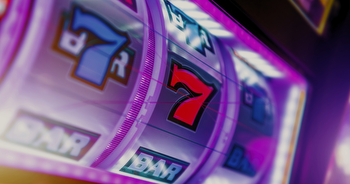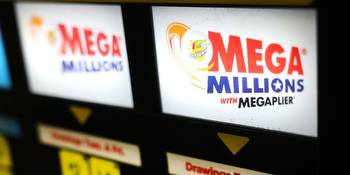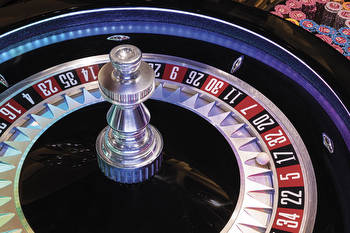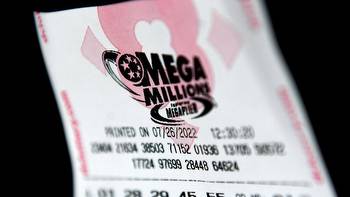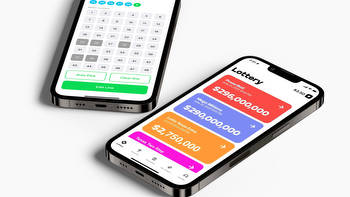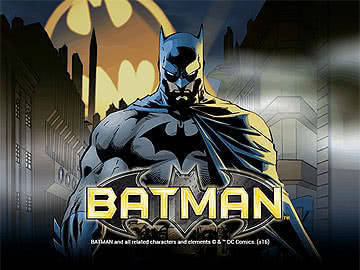The gamification of gambling

Jackpot, a soon-to-be-launched app for buying lottery tickets, announced last week that it raised $35 million in its first funding round, backed by a slew of high profile professional athletes and sports ownership groups.
Why it matters: The gamification of gambling, in all its forms, has become increasingly big business fueled by governments, professional sports and venture capital — all eager to usher in a newer, younger group of bettors.
Driving the news: Jackpot, which delivers the convenience of buying a lottery ticket from your phone, is looking to grow states' $100 billion in annual ticket sales.
- Its goal is to grow the lottery by making it a "form of entertainment" and attracting younger people.
- Its competitor, Jackpocket, has been been doing exactly that since 2013. Its annual sales have grown by more 400% in both the last two years, with more than 7 in 10 of its millions of users under 45, the average age of a lottery player, according to Forbes.
Meanwhile: Mobile betting is also upending sports gambling, long shunned by professional teams out of fear that it would compromise the integrity of their games.
- But attitudes have spun a full 180 in recent years, particularly as in-game prop betting — facilitated by the sleek intuitive mobile platforms — has shown to amplify audience engagement.
- Advertisements for sportsbooks are now commonplace during professional games in all the major leagues — MLB, NFL, NBA and NHL — both on TV and in arenas.
- Professional athletes now regularly sponsor, and even invest in, platforms that facilitate betting.
The result: The market for legal sports betting in the U.S. doubled last year, to more than $52.7 billion wagered.
State of play: All of this continues to draw in younger customers. Just like the trends seen in the online lottery, more than 6 in 10 sports gamblers are 40 or younger.
- And they're doing it more frequently.
- 1 in 5 respondents to a Morning Consult poll in December said they bet on sports at least once a month, an 80% increase in participants over the previous January.
The bottom line: Gambling is big business. The massive revenues for governments and businesses are hard to resist. And so is gambling, especially when it's made so easy.








